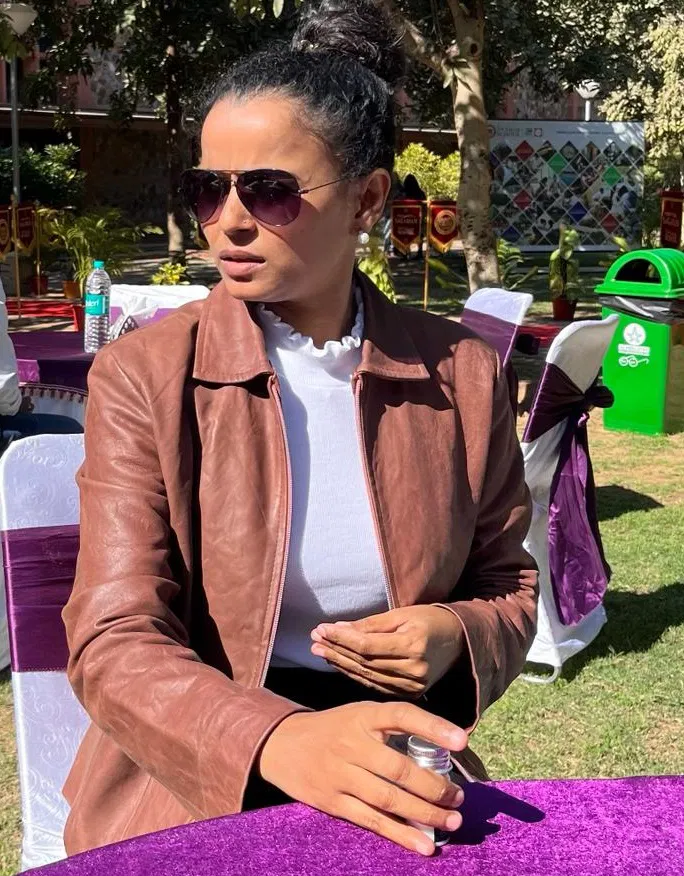What is the difference between NREGA and MGNREGA?
The National Rural Employment Guarantee Act (NREGA), enacted in 2005, was a groundbreaking initiative aimed at ensuring livelihood security for rural households in India. On October 2, 2009, an important amendment was introduced to the original act, officially renaming it the Mahatma Gandhi National Rural Employment Guarantee Act (MGNREGA). This amendment, made under Section 1(1) of the Act, reflected a shift in the nomenclature, paying tribute to Mahatma Gandhi’s vision of rural self-reliance and empowerment. What is the difference between NREGA and MGNREGA.
MGNREGA’s core mandate is to provide a minimum of 100 days of guaranteed wage employment per financial year to every rural household whose adult members willingly offer to perform unskilled manual labor. The scheme is designed to alleviate poverty and unemployment in rural areas by offering direct employment opportunities, primarily in infrastructure development, water conservation, and land improvement projects. It also aims to empower marginalized communities, enhance agricultural productivity through asset creation, and reduce rural-urban migration by offering sustainable livelihood opportunities in villages.
Furthermore, MGNREGA ensures the participation of women, disadvantaged groups, and marginalized communities, with at least one-third of the beneficiaries being women. The act also promotes transparency and accountability in its implementation through social audits and citizen participation, making it one of the most significant social safety nets for rural India.

An alumna of the Indian Institute of Mass Communication, Dhenkanal, Sunita Mishra brings over 16 years of expertise to the fields of legal matters, financial insights, and property market trends. Recognised for her ability to elucidate complex topics, her articles serve as a go-to resource for home buyers navigating intricate subjects. Through her extensive career, she has been associated with esteemed organisations like the Financial Express, Hindustan Times, Network18, All India Radio, and Business Standard.
In addition to her professional accomplishments, Sunita holds an MA degree in Sanskrit, with a specialisation in Indian Philosophy, from Delhi University.